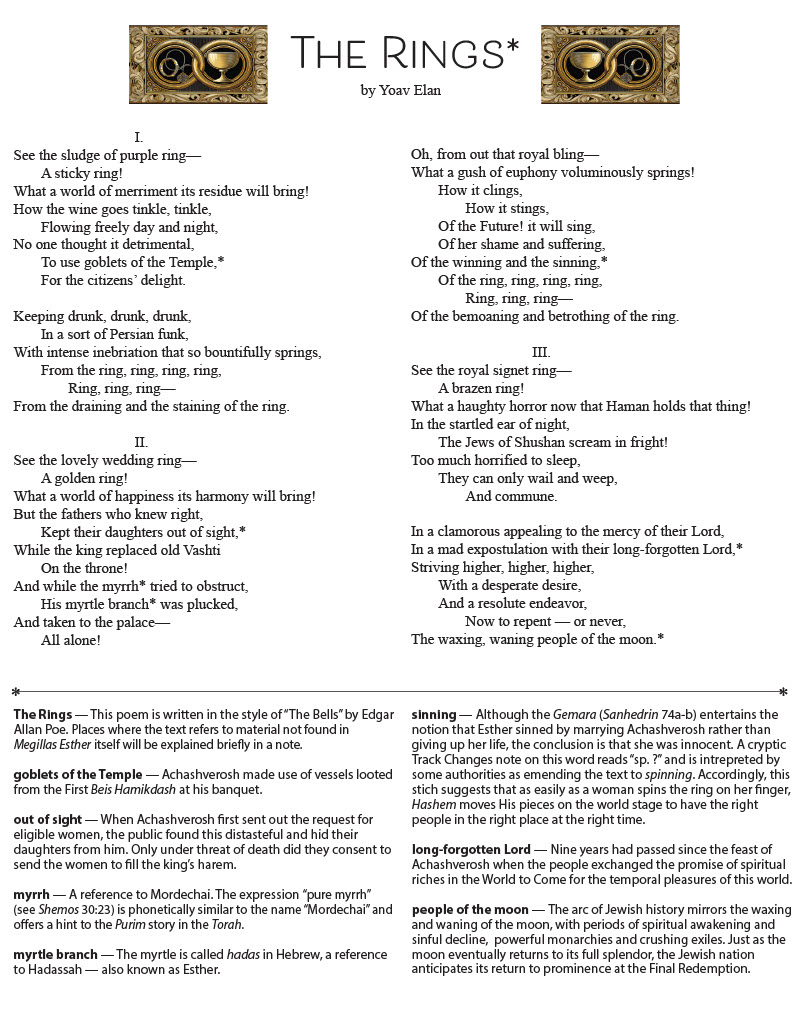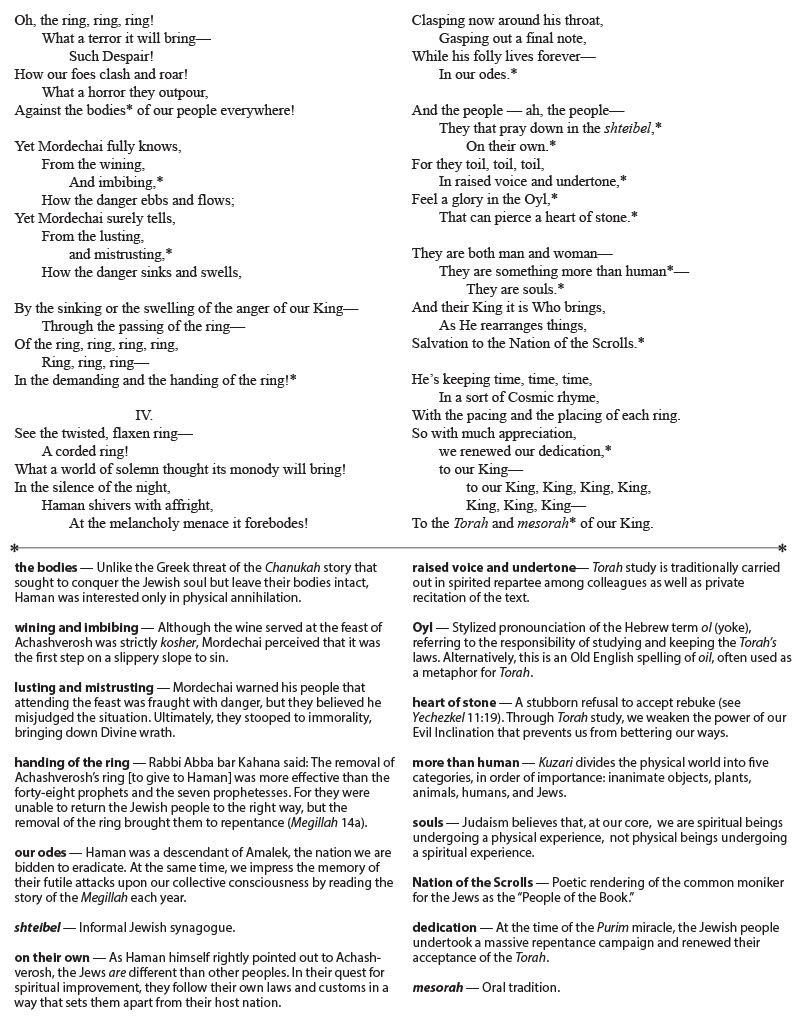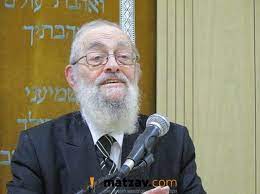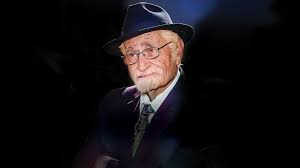From Struggle to Strength: Empowering Frum Families through Financial Stress and Tuition Challenges

Sometimes it seems that too many people are worried about the high cost of living and are feeling that frum life is unaffordable. From expensive summer camps to the challenge of planning a bar mitzvah on a budget, families are feeling overwhelmed. We have all had conversations, ranging from rising grocery costs to our high tuition fees, which leave us feeling discouraged and without practical solutions.
Imagine this scenario: A hardworking father returns home late at night to find his wife exhausted from a long day of work or teaching. As they open their mail, bill after bill confronts them, triggering a heated argument. The father exclaims, “How can you spend so much on Amazon? We can’t afford that!” In response, the mother says, “Didn’t the Rav suggest reaching out to our community tzedaka organization? It would make such a difference for us.” Can you imagine the embarrassment the father feels? Can you grasp the impact on the children who hear these words day after day? This heart-wrenching scenario is unfolding in hundreds of households within our community.


















